Let’s talk about LSD
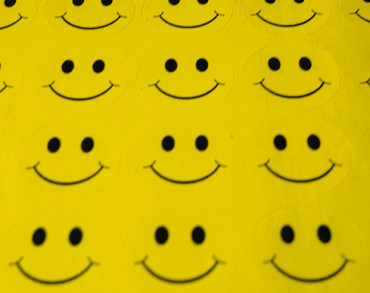

LSD (also known as acid, dots, tabs) is a psychedelic hallucinogen that distorts and alters perceptions
LSD, short for lysergic acid diethylamide, was first produced in 1938 and reached peak popularity in the 1960s and 1970s, particularly within the hippy movement. It’s synthesised from ergot, a fungus that grows on grains like rye.
As a psychedelic hallucinogen, it causes a state of altered perception of reality, with a heightened awareness of sensory input, but with little control over what’s being experienced. This can last for up to 12 hours.
LSD can come as an odourless white powder, but is most commonly available in squares of blotting paper. The powder can be made into a liquid, which can be injected or added to other substances and smoked.
Stay safer by staying informed. Sign up to receive alerts and notifications about any dangerous drugs in NZ. Check out the alerts page to see what we've already found.
What are the effects of LSD?
Unlike other drugs like stimulants, the effects of hallucinogens are hard to predict. Your personal expectations and choices can strongly affect the experience.
The same dose from the same batch can affect one person very different to another, and the same person can also have a very different experience from one trip to the next, even if taking the same amount from the same batch.
LSD can profoundly alter your sense of reality, making you more aware of the things normally filtered out by your mind, ranging from visual, auditory, sensory and emotional inputs.
People who take LSD often see images, hear sounds, and feel sensations that seem real even though they’re not. These hallucinations can be accompanied by rapid and intense emotional swings, and as a result an LSD trip can go from being fun and enjoyable, to scary and unpleasant very quickly.
Some immediate effects can include:
- Intense emotions
- Changed perceptions, hallucinations
- Feeling overwhelmed
- Reliving traumatic experiences
- Swinging rapidly from one emotion to another
- Anxiety
- Panic
- Paranoia
- Disassociation
The physical after effects can include:
- Loss of appetite
- Insomnia, or trouble sleeping
- Tremors
- Seizures
- Nausea
While no drug use is safe, there are some steps you can take to reduce the risk of harm
Low doses are safer. LSD is very powerful and taking too much increases the negative effects, and chance of overdose. While LSD has a relatively low toxicity, there’s always the chance that the substance is actually something else.
Avoid re-dosing. Taking LSD won’t have an immediate effect, taking up to an hour to kick in. A trip might last for over four hours, with decreasing effects lasting for up to 12 hours afterwards.
As with all drugs, avoid mixing it with other substances – the combined effects can be unpredictable and increase the risk. Mixing LSD and MDMA (“candyflipping”) may be one of the most well-known drug mixes, but it’s not without risk.
Try to use in a safe and calm environment. As with all drugs, it’s better to have people around that you trust and who have knowledge of first aid.
You can find out more about LSD and how to stay safe through the NZ Drug Foundation.
When to get help
Taking too much LSD can interrupt your brain’s chemical stability. The psychological symptoms of having taken too much (LSD toxicity) can include panic attacks, suicidal or violent thoughts, severe depression, and fear of dying. These symptoms generally pass within 24 hours.
Physical symptoms include vomiting, breathing difficulties, seizures, high body temperature, irregular heartbeat, or bleeding in the brain.
Make sure you know how to recognise the signs of an overdose, and always call 111 if you or someone else is experiencing symptoms.
If you have any concerns about your own alcohol or drug use, or that of a friend, get in touch with the Alcohol Drug Helpline. Call 0800 787 797, or text 8681, to speak with a trained counsellor – they’ll be able to provide you with helpful information, insight and support. They’re available 24/7, all calls are free and confidential. You can also chat with the team through their website.
Latest Articles
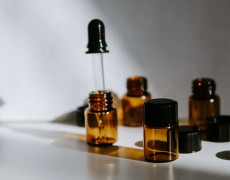
15 Apr 2024
Thinking of using GBL/GHB?
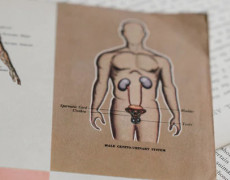
12 Apr 2024
Ketamine and bladder damage – know the risks
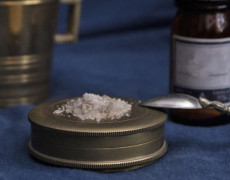
8 Mar 2024
Synthetic cathinones explained
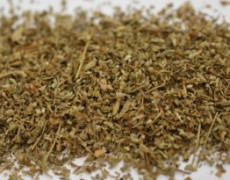
22 Feb 2024
What’s happening with synthetic cannabinoids?
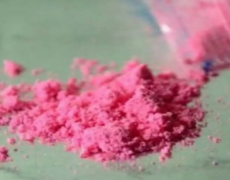
31 Jan 2024
What is tuci?
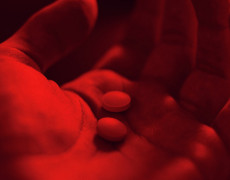
19 Jan 2024
Answering some common questions about MDMA

10 Jan 2024
Understanding the risks of the comedown

5 Jan 2024
Looking after your mental health

15 Dec 2023
Tips for a safer night out
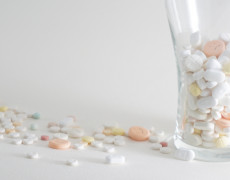
12 Dec 2023
To mix it is to risk it
